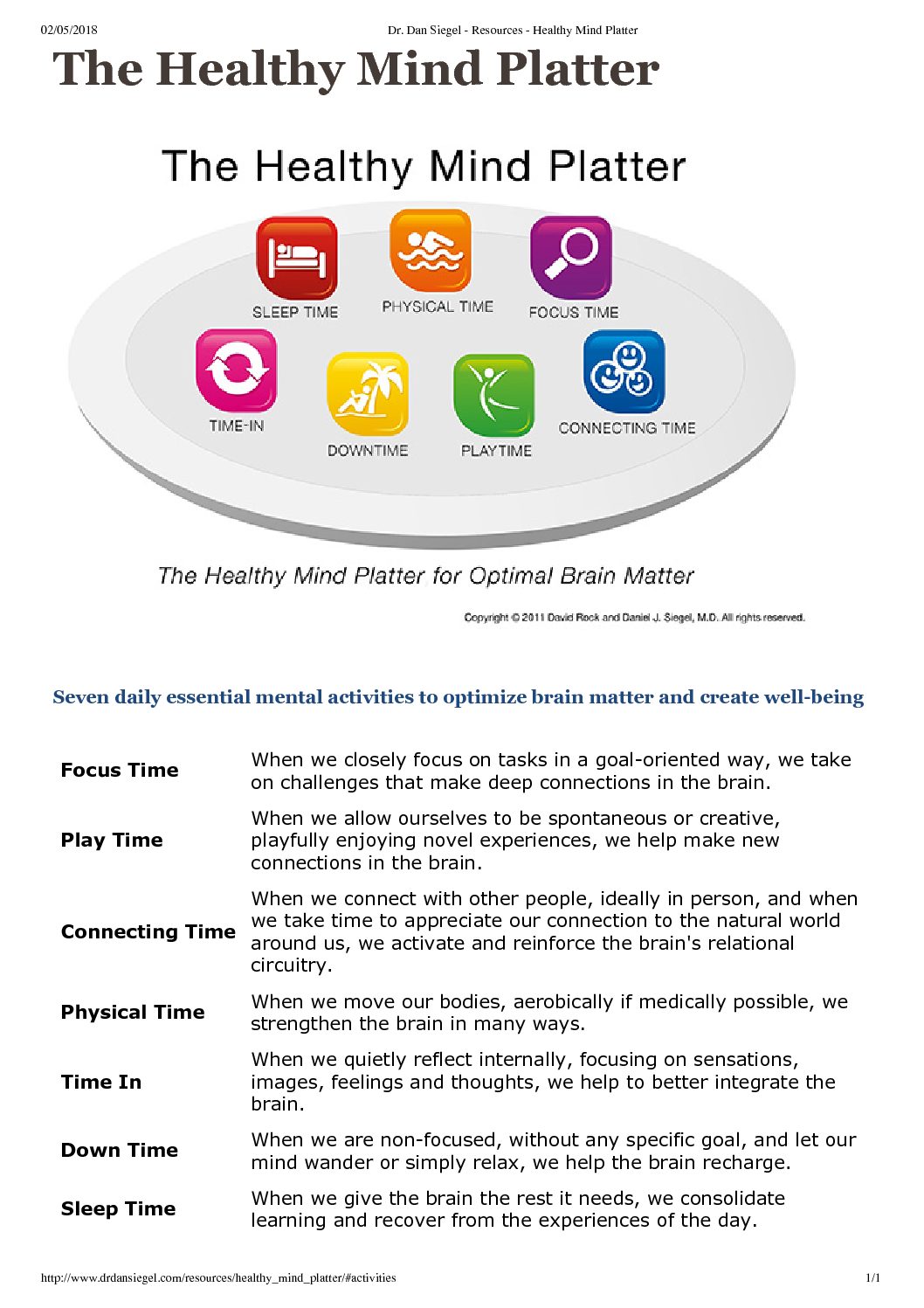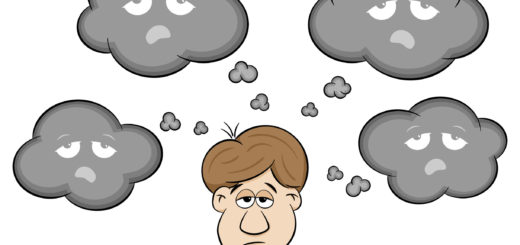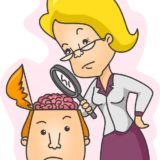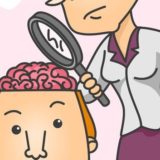Learning to Live with Chronic Pain

Chronic pain (also known as persistent pain) is a common condition and can be debilitating. It’s often under-recognised and poorly understood both in the community and by doctors. Chronic is quite different from acute pain which serves to protect the body after an injury, such as a sprained ankle, or surgery and is short lived. Acute pain enables underlying tissue damage time to heal.
Chronic pain is pain that persists for longer than 3-6 months. It no longer serves a useful protective function and doesn’t always indicate that there is underlying tissue damage. Chronic lower back pain is a common example. The causes of chronic pain are complex but an important principle is to understand that the nervous system has become “over-sensitised” resulting in a heightened appreciation of pain.
Exacerbations of chronic pain don’t necessarily indicate a physical worsening of the condition. Pain is modulated by your brain and emotions. If you’re tired, stressed, anxious or depressed your perception of pain can be heightened. Chronic pain can impact many facets of your life including mood, relationships, exercise, leisure and work.
A good resource for sufferers is “Manage Your Pain” by Michael Nicholas. Here are some tips based mostly from the book to help you manage chronic pain. It’s important to realise these techniques don’t aim to cure pain but rather teach you to accept and manage pain so it becomes less bothersome and you can enjoy life more.
- Diagnosis and treatment; Make sure you have been appropriately diagnosed and treated by your GP and specialist. There’s lots of help available for sufferers of chronic pain. There are chronic pain specialists who are experts in diagnosing and treating symptoms. For example, for chronic lower back pain there are injections, therapies and even implantable electronic devices that can be helpful in selected cases.
However, sometimes even after exhaustive tests and treatment, the cause of your pain may not be clear or there may not be a permanent solution available with the current technology. Remember, this doesn’t mean a solution might not become available in the future but continually and fruitlessly searching for an answer that’s not there is very demoralising. In this case, it can be more productive to learn to accept your pain and develop new skills for reducing its impact on your life. This takes a lot of work and commitment initially.
- Minimise painkillers Surprisingly, most people find that there is little difference in their pain after stopping strong pain medication (under medical supervision). This is in part because your body becomes tolerant and addicted to narcotics over time. They also have many unwanted side-effects, so ceasing them can make you feel much better. Sometimes in high doses, narcotic medication actually generates pain.
- Re-train your brain It is possible to re-train your brain to understand that the chronic pain you’re experiencing is not harmful or to be feared. Unlike acute pain, which serves a protective mechanism, flare ups of chronic pain do not mean that there has been underlying physical damage. Specially trained physiotherapists, occupational therapists and psychologists can help you to achieve this re-training. Sometimes Apps such as ‘Recognise’ are used under supervision to help this process.
- Pace yourself Trying to push through pain to unsuccessfully complete a task can be very demoralising. Setting more attainable goals means that you can still achieve what you want even though you may have to break your activities up into more manageable parts.
- Build value into your life Finding meaningful activities that give you a real sense of purpose can minimise the impact your pain has over you. This can include getting back to work by applying the above principles of pacing and goal setting to manage discomfort.
- Get moving Moderate exercise as tolerated can be helpful for your pain as well as your physical and mental health. You can get some practical advice on how to get started from specially trained physiotherapists and occupational therapists.
- Practice mindfulness Mindfulness can help you minimise the impact of your pain by allowing you to focus on the here and now, rather than being constantly distracted by pain. There are many Apps that can help you to train your mindfulness skills. A professional such as psychologist can also help you with a more individualised approach.
- Improving sleep Lack of sleep compounds the effects of pain. Numerous common-sense factors relating to “sleep hygiene” can be addressed to improve your sleep. Your GP can also give you some specific help in this area.
- Working on relationships Pain can impact on interpersonal relationships. Stress from poor interpersonal relations can impact on pain. Helping those around you to understand your chronic pain can improve your interactions. Addressing pre-existing communication and relationship difficulties can help improve your perception of
Chronic pain is a debilitating problem. There is lots of help and hope for you to live a happy, fulfilling life despite your pain. If you have further questions please see your GP.
Here’s a link to an interesting podcast on the ABC’S “All in the Mind” program.















